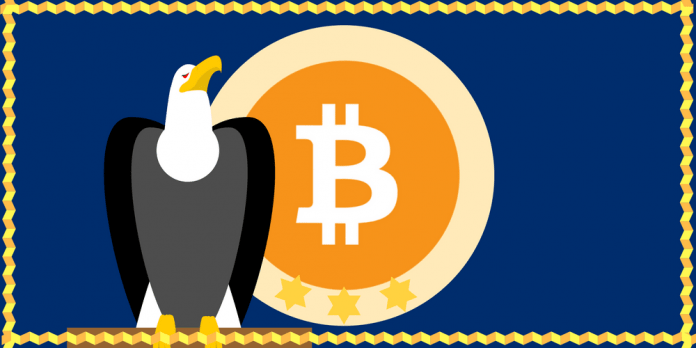Asset forfeiture is a controversial policy that allows local and state police departments to seize money and property from those suspected of committing a crime, even in cases where the alleged criminals are not convicted of wrongdoing. While many activists have been pushing for reform in the area of asset forfeiture for years, the US Department of Justice revived a federal program that allows law enforcement to engage in the practice of asset forfeiture in local and state jurisdictions where it has been outlawed.
Back in 2015, the Department of Justice limited the situations where local police can use a federal version of asset forfeiture to seize someone’s property without evidence of a crime under Attorney General Eric Holder.
Putting the politics of asset forfeiture aside, this is the sort of situation where bitcoin shines. When used properly, bitcoin is a digital bearer asset that cannot be moved or seized by anyone without the private key attached to a specific bitcoin address.
If law enforcement doesn’t know about an asset, they cannot seize it. And there may not be an asset easier to hide large amounts of value in than bitcoin. With the recent announcement from the DOJ, more criminals (and those who are generally more paranoid) may take a closer look at the cryptocurrency.
Hiding Money with Bitcoin
While many different use cases for bitcoin have been touted by venture capitalists in Silicon Valley over the years, the main value proposition of this digital asset continues to be censorship-resistant transactions and value storage. As long as you’re the only one with access to your private keys, no one else can tell you what to do with your money.
There are many different ways to store those private keys, and some choose to do so by simply memorizing a passphrase in their head, which is known as a brain wallet.
Whether a brain wallet or some other form of discrete key storage is used, it’s clear that there may be some advantages to storing value earned by illicit means in a digital form with no trust third party.
In fact, bitcoin is recommended as the best store of value for drug dealers on NeverGetBusted.com, which is a website set up by a former narcotics police officer in Texas who had a change of heart and now seeks to help those facing drug-related charges. Barry Cooper, who is the former cop behind the site, was part of a Vice documentary on the topic of asset forfeiture in the United States.
Cooper is somewhat notorious on the Internet for his videos showing drug dealers how to avoid police detection.
A Swiss Bank Account in Your Pocket
During an appearance at South by Southwest in early 2016, then US President Barack Obama talked about how everyone would be “walking around with a Swiss bank account in their pocket” if governments were not allowed to access the data stored on smartphones. This turned out to be the perfect slogan for bitcoin and was quickly adopted by cryptocurrency enthusiasts.
Not only does bitcoin allow criminals to digitize value and store it with limited counterparty risk, but it also potentially achieves this goal with the simplicity of a smartphone app.
In terms of the potential privacy risks of mobile bitcoin wallets, the developers behind Samourai Wallet are doing everything they can to make the “Swiss bank account in your pocket” meme a reality.
Irony of Specifically Targeting Drug Dealers
As a side note to the recent decision from the DOJ, it should be pointed out that US Attorney General Jeff Sessions specifically mentioned drug dealers as an example of the type of criminal he would like to see targeted with asset forfeiture. These are the same drug dealers that are already using bitcoin and the darknet markets to move an estimated $300 million worth of contraband per year.
Drug dealers are already adopting bitcoin. Many in the mainstream are still turned off by bitcoin’s price volatility, but for some parts of society, it’s already a useful form of value storage.
While the DOJ also recently announced the seizures of two of the biggest darknet markets in existence, law enforcement officials discussed their understanding that many more such markets are likely to appear in the future.










